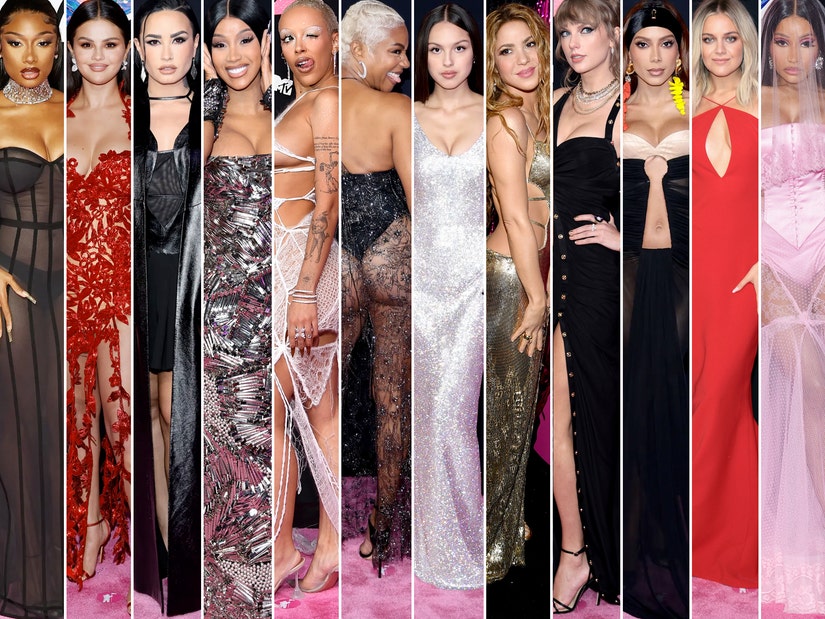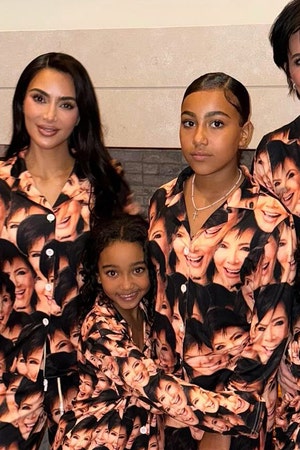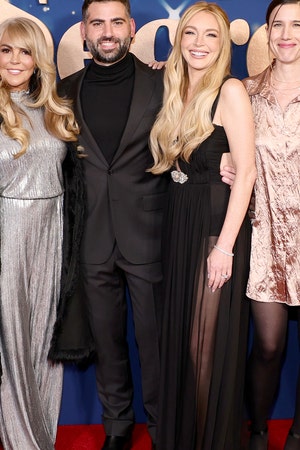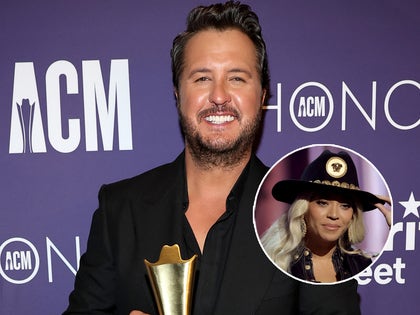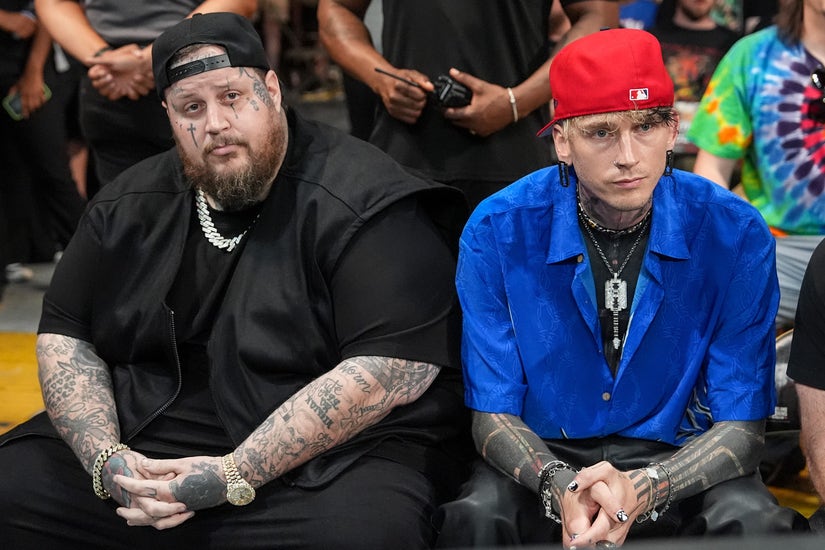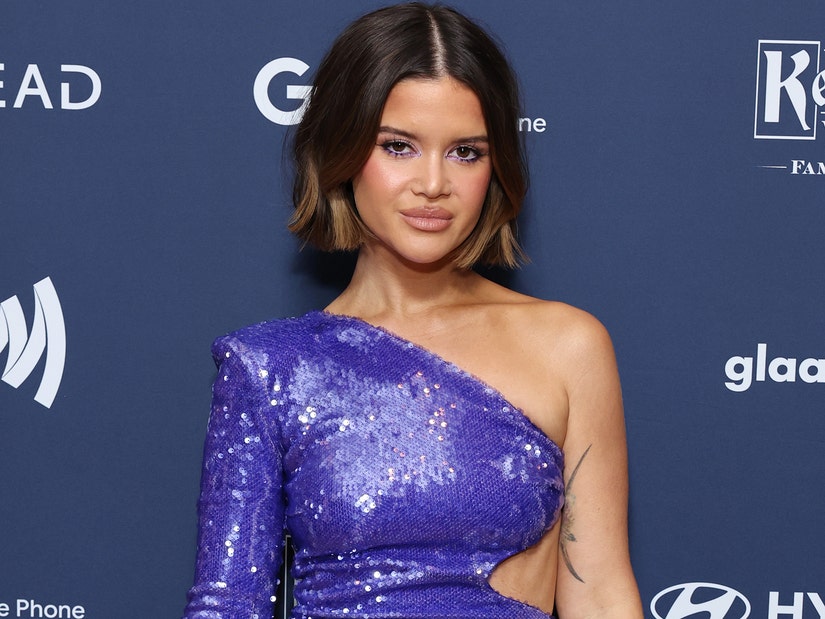 Getty
Getty
"I thought I'd like to burn it to the ground and start over," Morris said of the genre. "But it's burning itself down without my help."
Maren Morris has revealed she's leaving the world of country music.
In an interview with the Los Angeles Times, published on Friday, the 33-year-old singer detailed why she decided to "take a step back" from the genre, noting that she feels "very, very distanced" from it after she's continuously spoken out against problematic issues within the country music industry.
Morris spoke to the publication about her new two-track EP, The Bridge, which features the songs, "The Tree" and "Get the Hell Out of Here," and is her first release following her move from Columbia Nashville to Columbia Records.
 Getty
Getty
Taylor Swift's Eras Tour: All The Celebs Who Have Attended So Far
View Story"I thought I'd like to burn it to the ground and start over," she said of the country music genre. "But it's burning itself down without my help."
The publication brought up how controversial country songs -- such as Jason Aldean's "Try That in a Small Town," the music video of which was filmed at a site of a lynching -- have been successful.
Morris -- who has publicly feuded with Aldean and his wife Brittany over transgender rights -- told the LA Times, "The stories going on within country music right now, I've tried to avoid a lot of it at all costs. I feel very, very distanced from it."
"I had to take a step back," she continued, going on to note how women and men are treated differently in country music. "Obviously, being one of the few women that had any success on country radio, everything you do is looked at under a microscope. You're scrutinized more than your male peers, even when you're doing well. So I've had to clear all of that out of my head this year and just write songs. A lot of the drama within the community, I’ve chosen to step outside out of it."
The Grammy winner has been vocal about her efforts to create change in the country music industry, including striving for equality for Black artists. Morris is also a strong ally for the LGBTQIA+ community, continuously voicing her support.
Waiting for your permission to load the Instagram Media.
When asked if the "drama" in the community -- including her feud with the Aldeans -- prompted her decision to leave the genre, Morris said, "I've always been an asker of questions and a status quo challenger just by being a woman. So it wasn't really even a choice. ... But the further you get into the country music business, that's when you start to see the cracks. And once you see it, you can't un-see it. So you start doing everything you can with the little power you have to make things better."
"That doesn't make you popular," "The Bones" singer continued, adding, "If you truly love this type of music and you start to see problems arise, it needs to be criticized. Anything this popular should be scrutinized if we want to see progress."
Ultimately, Morris said she's "kind of said everything I can say" at this point. "I always thought I'd have to do middle fingers in the air jumping out of an airplane," she told the LA Times. "but I'm trying to mature here and realize I can just walk away from the parts of this that no longer make me happy."
"The Middle" artist cited former President Donald Trump's time in office as what caused this change, saying that "people's biases were on full display."
 Getty
Getty
14 Celebrities Who Have Spoken Out Against the Drag Ban
View Story"It just revealed who people really were and that they were proud to be misogynistic and racist and homophobic and transphobic," Morris said. "All these things were being celebrated, and it was weirdly dovetailing with this hyper-masculine branch of country music. I call it butt rock."
When the LA Times again referenced the popularity of Aldean's "Try That in a Small Town," she shared that she believes "people are streaming these songs out of spite" and to "own the libs" rather than "out of true joy or love of the music."
"That's so not what music is intended for. Music is supposed to be the voice of the oppressed -- the actual oppressed," Morris said. "And now it's being used as this really toxic weapon in culture wars."
Although she's taking a step back, the "Make You Say" singer said she doesn't "want to have an adversarial relationship to country music" and still finds herself "weirdly wanting to protect it."
"But it's not a family member," Morris said. "That's the f---ked up part, is that I'm talking about it as if it's a person, but it's not. So it's a lot of deep deconstructing that I'm still unraveling."

